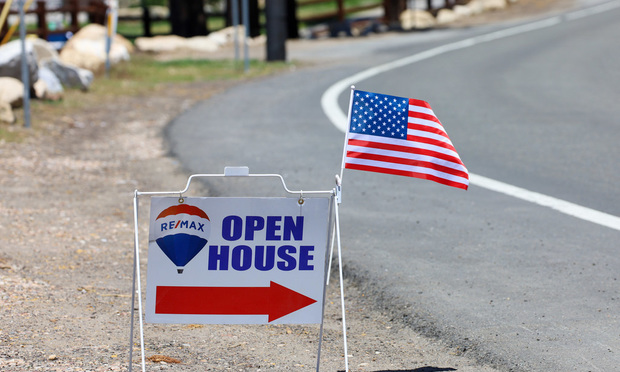A number of people at the recent Bermuda Captive Conference were walking around bleary-eyed and yawning. That's not because of a night of partying (although that was the case with a few), but rather due to loud sirens blaring throughout the hotel in the early morning hours.
 Those staying at the Fairmont Southampton Hotel were awoken at 1:30 a.m. by sirens over a loudspeaker, followed by a recorded announcement of a problem that was being investigated. This sequence was relayed over and over.
Those staying at the Fairmont Southampton Hotel were awoken at 1:30 a.m. by sirens over a loudspeaker, followed by a recorded announcement of a problem that was being investigated. This sequence was relayed over and over.
Finally the sirens stopped. I drifted back to sleep, but was soon wide awake because of more sirens. They lasted awhile and then stopped, thankfully.
While the situation was unsettling, I could easily have put it aside, had it not been for an almost identical occurrence at the last conference I attended only weeks before in Dallas, for the Public Risk Management Association.
There, all the rooms opened into a huge atrium, where in the early morning hours a siren blasted with a loud “Warning! Warning!” stating a fire had been reported and all should evacuate.
In Dallas, I went onto the balcony of the Hilton Anatole and saw just a handful of people on different levels peering down to the atrium at ground level. Like me, they were looking for some kind of directions or indication of what to do, but nothing was going on at all. Nobody was leaving. Most important, no one was on hand to give any directions.
After awhile, another announcement was made that everything was okay and there was no fire. When I went out for another look, I saw three firemen on the ground floor and a half-dozen people wandering in from outside.
While this less-than-stellar loss control is no reflection on the associations holding the meetings, for future reference, I would suggest all conference planners–particularly for risk management and insurance groups–demand to see a facility's emergency response and evacuation plan when booking events.
As for the hotels, I would certainly say additional risk management is in order.
One risk management expert I talked to while in Bermuda acknowledged hotels are in a tough situation in such cases. While they want to give an early warning to people staying there, recorded messages played over and over tend to just make people complacent, he suggested. This can lead to other risks, should there really be a fire–not to mention the liability issues.
Instead, he said it would have been better to have a live voice, rather than a recording, explain what was happening in real time and also give updates. That way, people could be apprised of the situation and make decisions accordingly.
I was also talking about this to Bermuda conference attendee Dennis Silvia, president of Cedar Consulting. Dennis recalled a recent conversation with a former Israeli security expert, who commented on the lack of overall security in many hotels–especially in the United States.
This expert, he said, explained that in Israel, where hotels are terrorist targets, a suitcase left in the middle of the lobby would not be tolerated. Citizens are so aware of their surroundings that they quickly alert security of anything amiss.
It's a good guess that instances such as the one in Bermuda, and earlier in Dallas, would have been dealt with differently.
My question is, was the handling of these two false alarms par for the course? And where are the risk managers at these hotels?
Caroline McDonald is Assistant Managing Editor of National Underwriter. To respond to her column, e-mail [email protected], or go to her blog at www.NoRiskZone.com.
Want to continue reading?
Become a Free PropertyCasualty360 Digital Reader
Your access to unlimited PropertyCasualty360 content isn’t changing.
Once you are an ALM digital member, you’ll receive:
- Breaking insurance news and analysis, on-site and via our newsletters and custom alerts
- Weekly Insurance Speak podcast featuring exclusive interviews with industry leaders
- Educational webcasts, white papers, and ebooks from industry thought leaders
- Critical converage of the employee benefits and financial advisory markets on our other ALM sites, BenefitsPRO and ThinkAdvisor
Already have an account? Sign In Now
© 2024 ALM Global, LLC, All Rights Reserved. Request academic re-use from www.copyright.com. All other uses, submit a request to [email protected]. For more information visit Asset & Logo Licensing.








